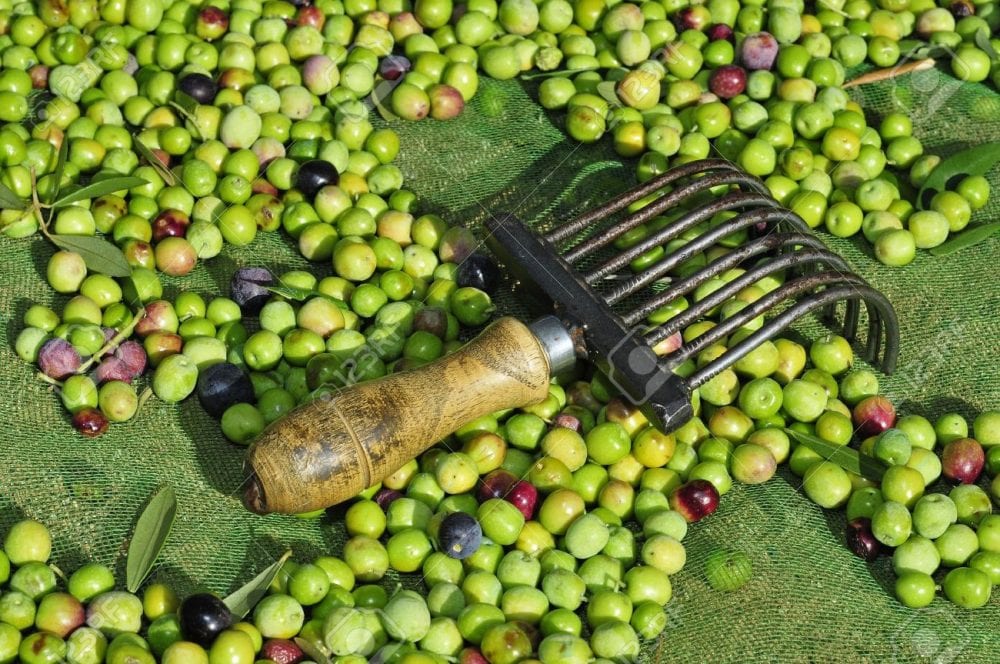OLIVES, scientifically known as Olea europaea, are virtually synonymous with Spain.
On the sun-soaked terraces of the country’s ancient cities, the fat green fruit is often the precursor to a night of drinking, gastronomy, or simply a good book and an afternoon cerveza under the luxurious Iberian sun.
Fortunately for us olive lovers, they are not only savoury and delicious, but also full of vital nutrients and key to a healthy Mediterranean diet.
For one, they’re rich in antioxidants, with past studies showing that olives contain glutathione, a nutrient that can ward inflammation and chronic illnesses.
Antioxidants are naturally occurring compounds that fight oxidation in the bloodstream, common in fruits and vegetables.

Olives are among nature’s most abundant sources of a class of antioxidants called polyphenols, which some studies have linked to improving cardiovascular health and potentially reducing the risk of breast cancer in women and prostate cancer in men.
According to British nutritionist and writer Nicola Shubrook, one tablespoon of olives in brine provides 9 Kcal of energy, 0.1 grams of protein, 0.9 grams of fat, 0.3 grams of fibre, eight milligrams of potassium, and five milligrams of calcium.
Olives are unusual fruits in that they contain high amounts of fat, most of which comes from oleic acid — a monounsaturated fatty acid which has been shown to improve heart health, boost the immune system, and to reduce the risk of cardiovascular disease.
Studies have also shown that olives can help improve bone health and prevent the risk of degenerative bone illnesses like osteoporosis, with daily consumption of olive oil having been linked to increased bone density.
However, Shubrook cautions against unchecked olive binges because the plump green fruits can contain high levels of salt.
Raw olives tend to be bitter and generally unappetising, therefore table olives must be cured and fermented before they can be marketed for consumption.
This curing process often results in high salt-content, which means a single green olive can contain as much as 62.4 milligrams of salt, or 0.6 grams of salt per five olives — about 12% of the recommended daily salt intake of five grams.
But despite the resulting salt content, the fermentation process is also another of the olive’s health-strengths.
As a fermented food, olives help to boost beneficial bacteria in the digestive system, introducing good bugs to your gut biome which helps improve its resilience and may even help immune function.
READ MORE
- Cheese festival is coming to Spain’s Estepona: Four-day event this month will also feature wine, olives, pate and more
- Olives with ‘illegally high levels of pesticides’ are being imported into Spain from Morocco, health experts warn










